Posted on 10/7/2020
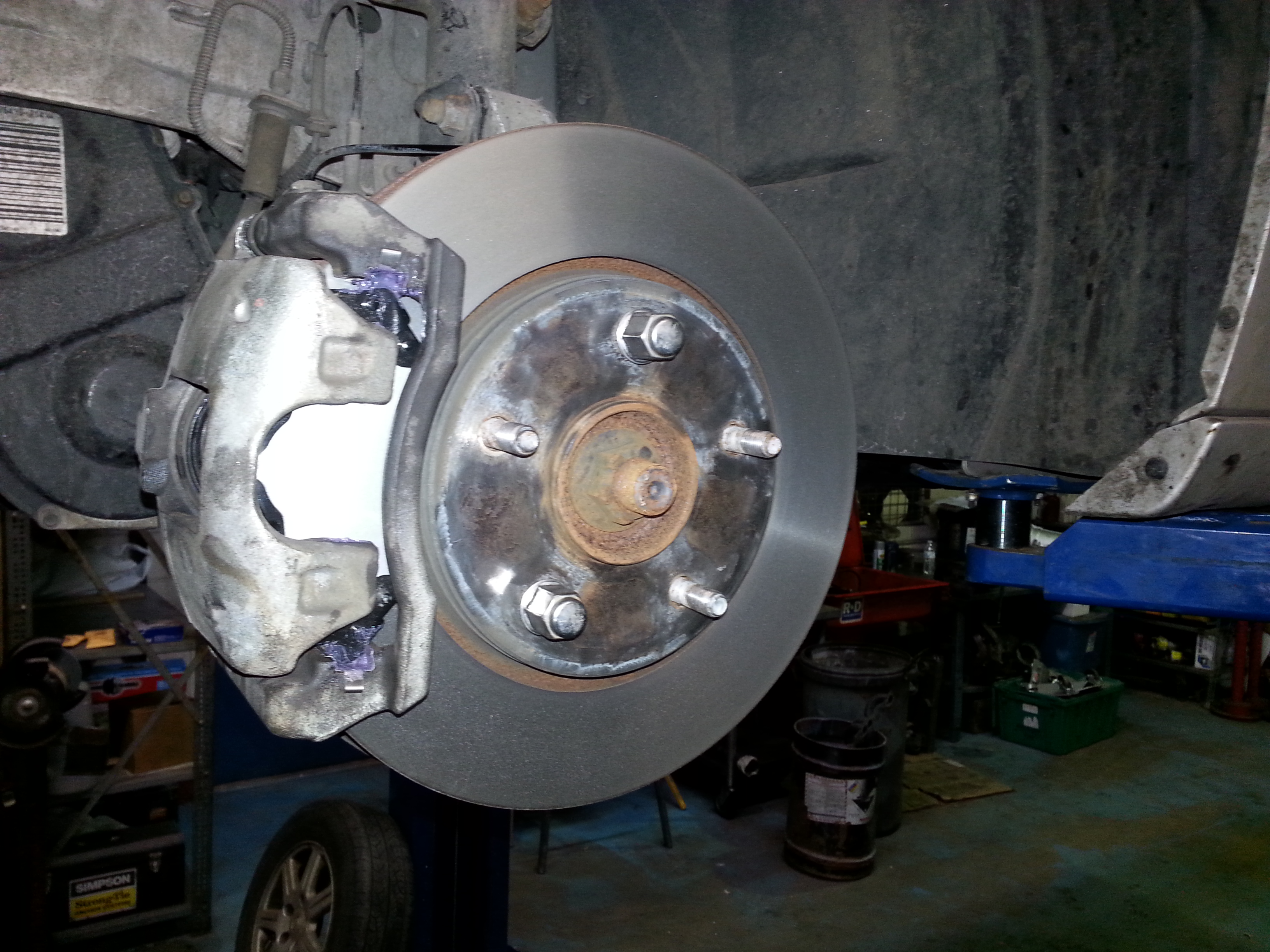
A lot of us don't worry about our cars' brakes until they become a serious problem. We wait until they start to screech and squeal, and even then we sometimes continue to drive until they eventually fail completely. Then, we're faced with dangerous driving conditions and expensive brake repairs. Like oil changes, tire rotations, transmission services and other preventative maintenance procedures you do to keep your vehicle running right, you definitely want to take care of your brake system. It's a good idea to get your brakes inspected regularly and serviced as needed. A qualified mechanic will be able to look over all the brake components and make sure that everything is functioning properly. Brake pads need to be replaced when they are getting low. Brake rotors should be resurfaced periodically. Brake fluid needs to be checked and replaced every so often. Here are 4 benefits of g ... read more
Posted on 9/23/2020
.jpg)
Along with engine oil and some other fluids like radiator coolant, transmission fluid is absolutely vital to the health and performance of your vehicle. If you are low on transmission fluid (also known as transmission oil or automatic transmission fluid—ATF) or the fluid itself is not fresh and clean, you will experience problems. It can lead to serious internal transmission fluid or do damage to sensitive equipment such as the the clutch system in manual transmission vehicles or the torque converter in automatic transmission cars, trucks and SUVs. Here are a few things you need to know about transmission fluid, according to the Colorado Springs auto repair specialists at LightHouse Automotive: 1. Transmission Fluid Quality In order for your transmission to be healthy, it needs clean transmission ... read more
Posted on 9/16/2020
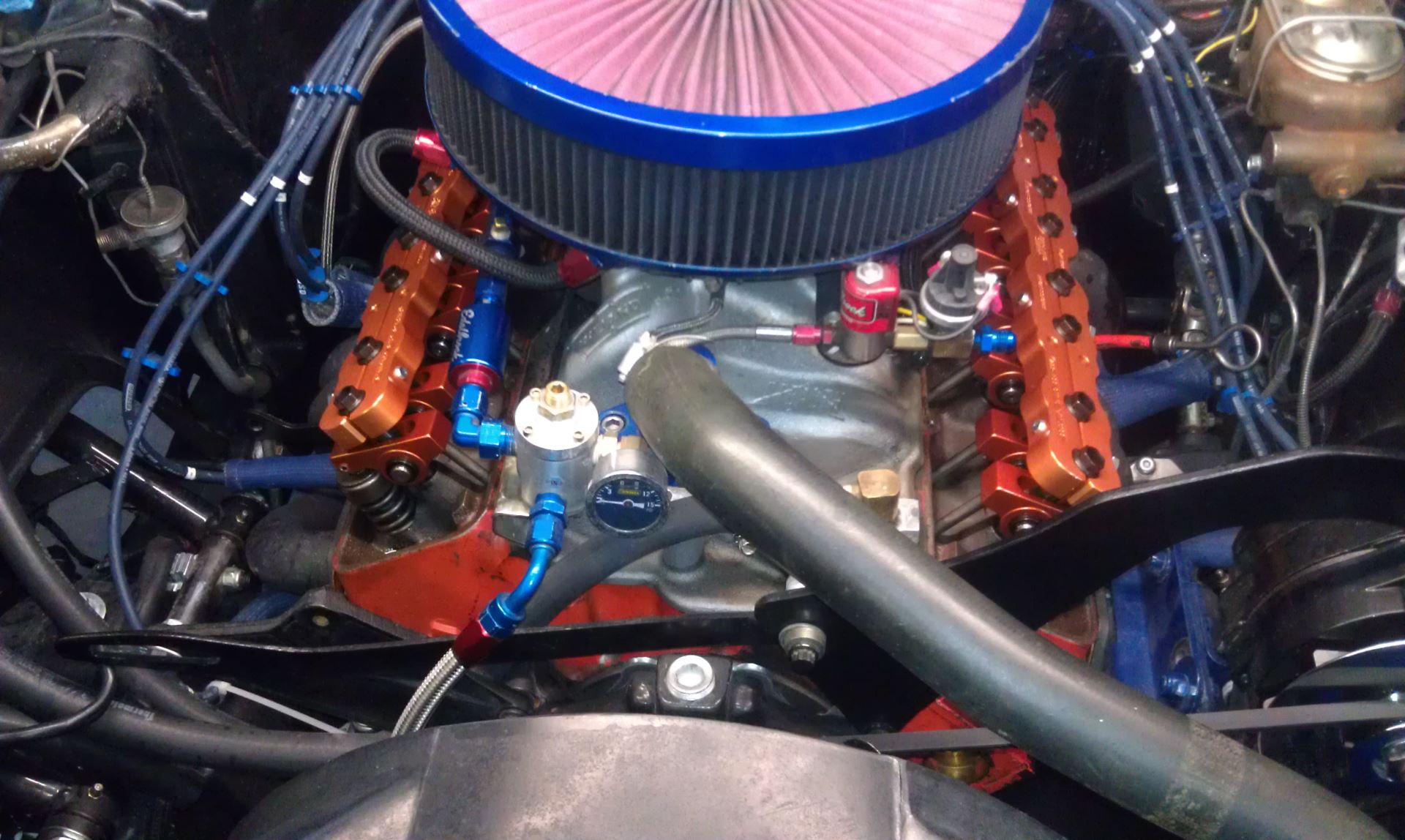
You can usually tell right away when your engine is sputtering. It might be backfiring or it just sounds and feels like it is not working at normal power. A sputtering engine means that it is not achieving full combustion. It could be the sign of a very simple problem or it could be a symptom of a much more concerning engine, fuel system or exhaust system issue. Here are 10 of the most common causes for a sputtering engine, according to the Colorado Springs auto repair specialists at LightHouse Automotive: 1. Out of Gas The most common reason why an engine sputters is when you are about to run out of gas. The engine will struggle as it doesn't get enough fuel and eventually the car will stop running altogether. If your engine is sputtering, the first thing you should do is look ... read more
Posted on 9/2/2020
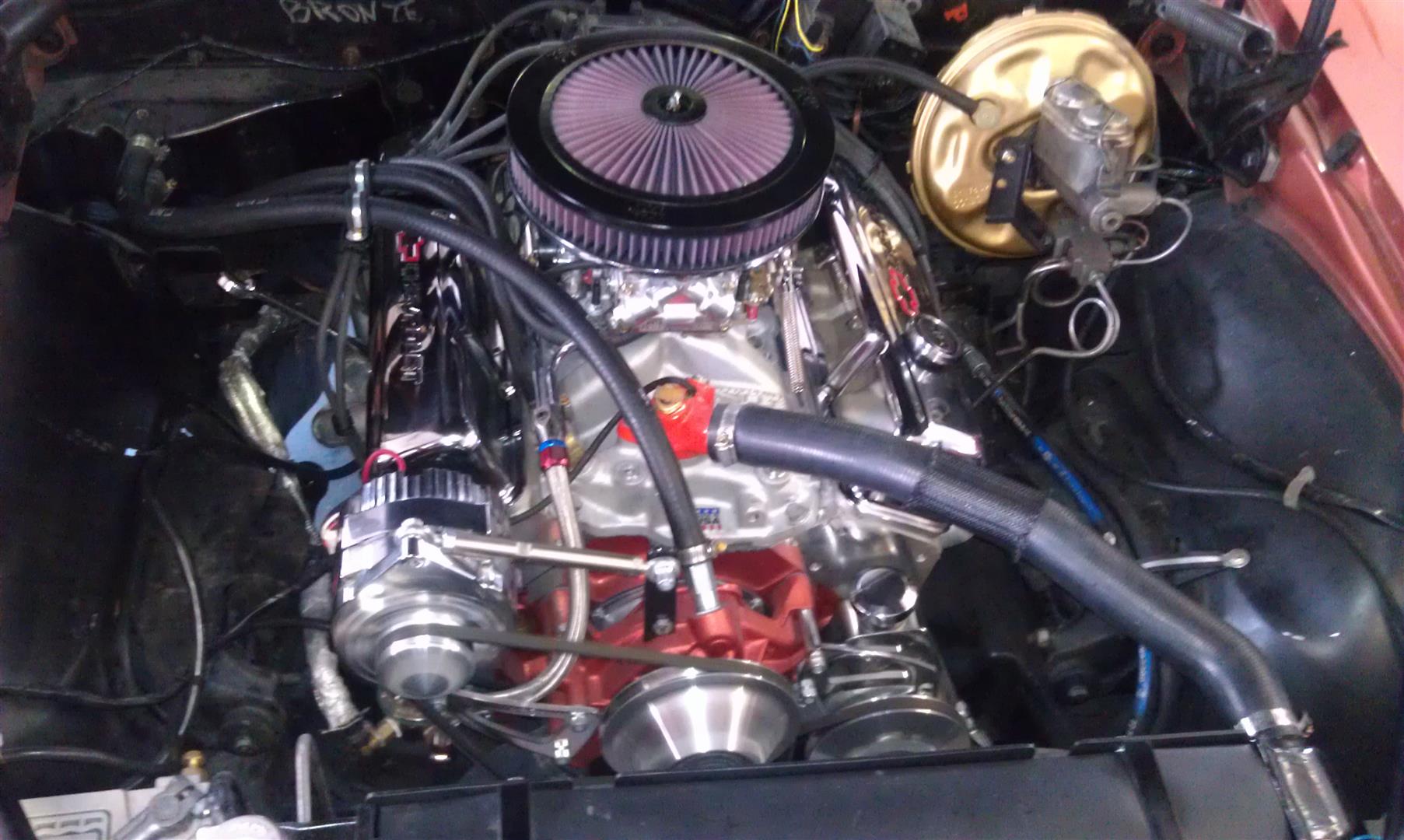
Summer is just about over in Colorado, but that doesn't mean overheating still isn't a concern for many drivers. In fact, the engine overheating is something that can happen any time of year and in any type of weather, especially when dealing with mountain driving. It is definitely more of a threat in the warm summer months. However, if you are not taking care of your vehicle's cooling system, it can be a recurring problem. Here are a few tips from Colorado Springs' own LightHouse Automotive to help keep your car from overheating: 1. Check the Coolant Level You can check the engine coolant (radiator fluid) in your radiator. Just make sure and do it when the car is turned off and the engine is completely cooled down. If the radiator cap is under heat and pressur ... read more
Posted on 8/26/2020
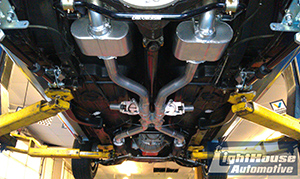
All modern vehicles will have at least one oxygen sensor (O2 sensor) in the exhaust system, with most of today's cars having as many as four different sensors located at key points between the engine, exhaust manifold and catalytic converter. These are highly sensitive pieces of equipment designed to detect any dangerous fluctuations in your exhaust gases. Because these sensors are so sensitive, they will fail from time to time. They could start giving off false readings and warnings, or they may not work at all. You could have a harmful exhaust leak or other exhaust system problem and not even know it if the oxygen sensors aren't doing what they are designed to do. The good news is there are several ways to tell if you have a failing O2 sensor in your car: 1. Check Engine Light One of the most common sources for your ... read more
Posted on 8/12/2020
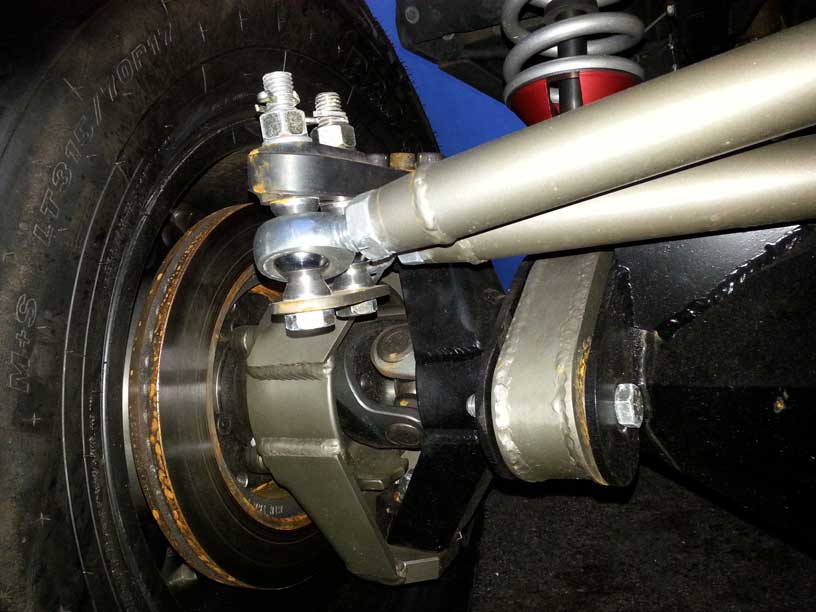
Your vehicle's suspension system does a lot more than give you a smoother ride. It affects the handling of the car and your overall safety while also protecting other components like brakes, drivetrain, wheels and tires. All of these systems need to be in good shape and work together to create the best possible performance. Here are 7 things you can do to help keep your suspension system in good shape: 1. Periodically Inspect the Shocks or Struts A clear sign of suspension problems is when you notice the shocks or struts leaking hydraulic fluid. A leaking shock/strut should be replaced as soon as possible to prevent more significant automotive damage. 2. Get Your Wheels Aligned The suspension system can have an impact on the ... read more
Posted on 8/5/2020
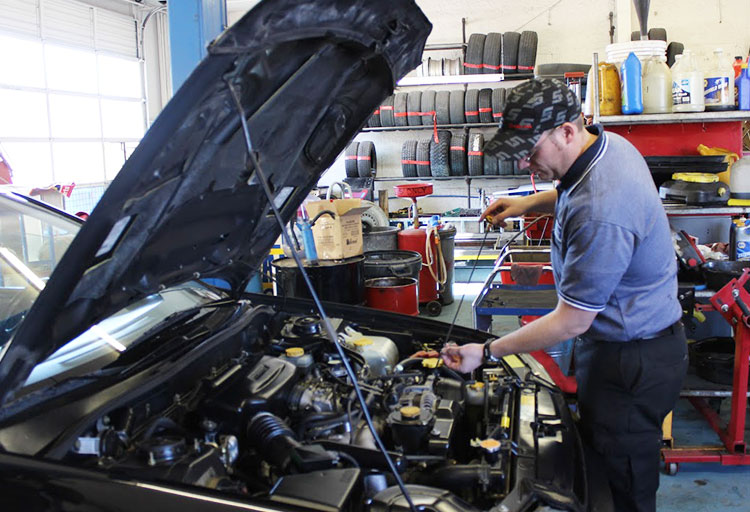
Figuring out what type of engine oil to use in your vehicle is more confusing than ever nowadays. There are many different brands, weights, synthetics and other options that will boggle your mind. However, it is important to make sure you are using the right kind of oil that's best for your particular vehicle—especially if you are doing your own oil changes. Look it Up The first and easiest recommendation is to look in your vehicle owner's manual or search online. It will tell you the recommended weight and type, whether it's a fairly standard 10W-30, synthetic blend or full synthetic. If you are taking your vehicle to a quick lube shop, they will usually ask you what kind of oil you want. If you don't have an answer, they will use their best judgment. In most cases, they are going to make the right decision. For your own peace of mind, however, it helps to know the ... read more
Posted on 7/22/2020
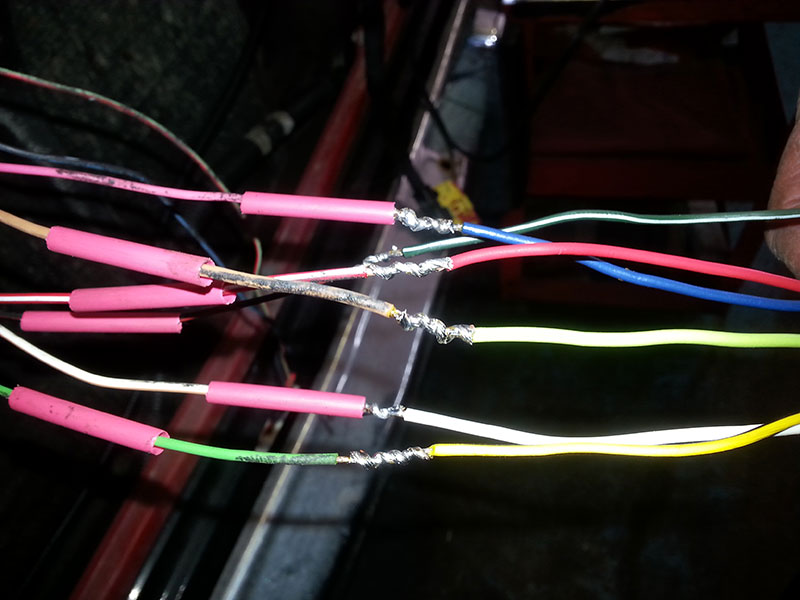
Your car needs electricity to power many different systems. If your automotive electric system is acting up or is low on battery power, certain things will not work properly. You may not even be able to get your car started at all. Here are 5 of the most common signs of auto electric problems, according to our top mechanics here at LightHouse Automotive: 1. Car Won't Start This is a pretty obvious sign that something significant is wrong. There are many reasons why a car won't start, but it is often associated with the electrical system. You might just have a dead battery, but that can be caused by a failing alternator or something else that is draining its power more than usual. There could be loose wiring or something else that is breaking the circuit between the ignition an ... read more
Posted on 7/15/2020
.jpg)
Other than the engine, there is nothing more important in your vehicle than its transmission. The engine provides the power to the car. The transmission is what actually makes it move, as it transfers power from the engine out to the drive wheels. At the first sign of any transmission problem, you will want to get your vehicle looked at by a professional mechanic. You never want to take any potential transmission issue lightly. A small concern can quickly turn into major internal transmission damage. Then, you may be facing major repairs—including a full transmission replacement or a custom rebuild. And let's just say that neither of those services are cheap. Here are 5 of the most common transmission issues that we see at LightHouse Automotive, along with what you need to know if you think one of these problems ma ... read more
Posted on 6/10/2020
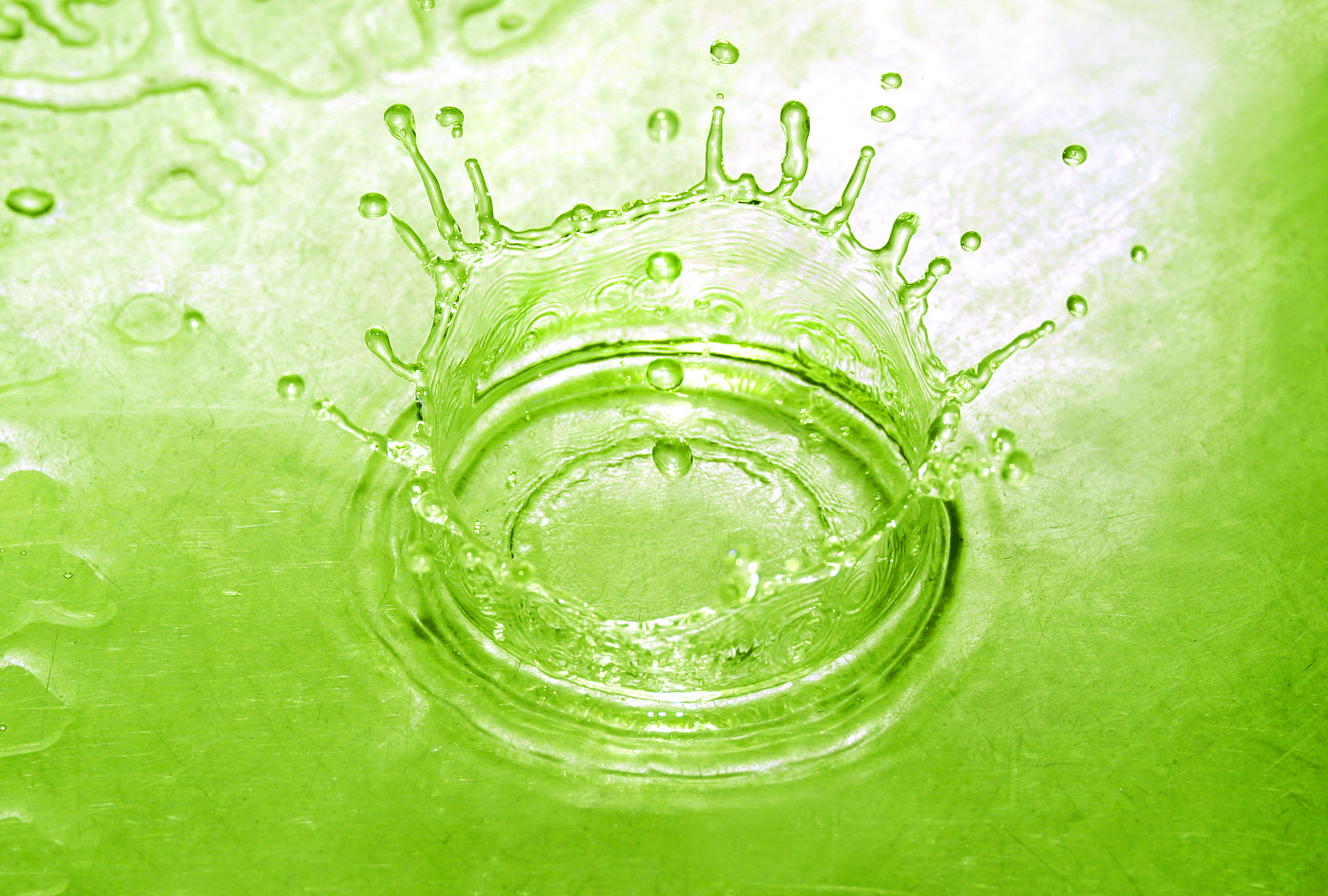
Clean air is good for your engine because it maintains proper combustion. However, when excess air gets into other vehicle systems—especially fluid lines—it can really cause trouble. The cooling system is one where air bubbles can be a significant concern. They can lead to hot spots in the engine, which can cause it to overheat and lead to all sorts of internal engine damage that will be costly to repair. Cooling System Maintenance First of all, it’s important to get your cooling system inspected at least once a year. Heading into the summer season is a good time to do it as the outside temperatures rise and you want to avoid overheating the engine. A cooling system tune-up will usually entail draining the radiator and putting in fresh radiator coolant—or at least “bleeding” the radiator to remove any air bubbles. This is in ... read more